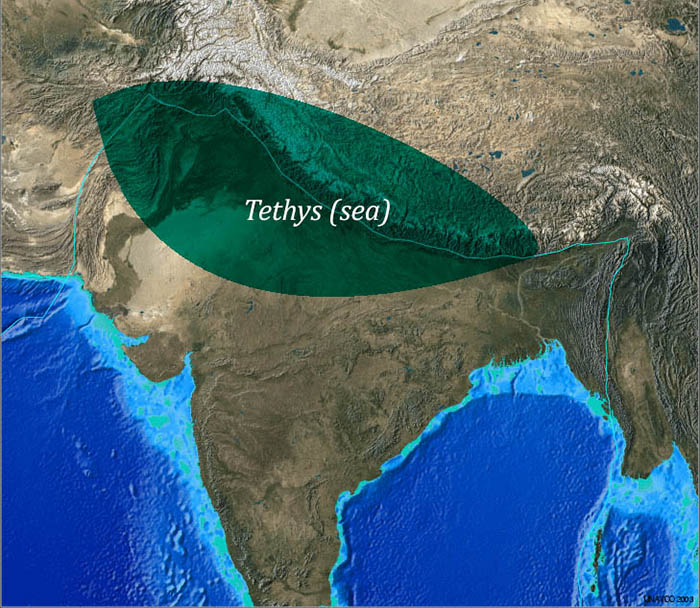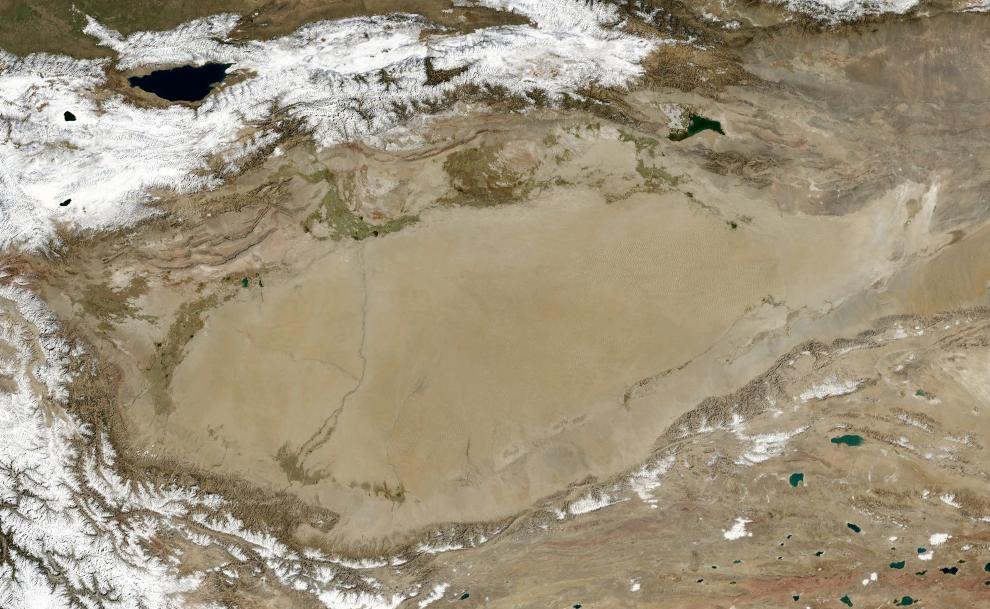Was it the Mediterranean before it dried into small lakes? What was the biggest one before that?
-
3$\begingroup$ That's possible, but I don't know for sure. More info on the Mediterranean here, it filled, they think about 5.33 million years ago but there were lakes there before then (picture in link). en.wikipedia.org/wiki/Mediterranean_Sea#Tectonic_evolution There was a large lake in the Sahara not that long ago, perhaps larger than any fresh water lake today, but not as large as the Caspian: smithsonianscience.si.edu/2010/12/… $\endgroup$– userLTKCommented Jun 15, 2015 at 0:56
-
$\begingroup$ Interesting question. I don't really have enough for an answer, but I see from Blakey's maps that he draws a large inland sea in Laurasia in the Middle Jurassic, and a sort of huge precursor to the Caspian in the Miocene. Possibly either or both were enclosed at some point. Neither looks as promising on Scotese's maps. I haven't checked Stampfli. $\endgroup$– Matt HallCommented Jul 3, 2015 at 15:13
2 Answers
The Tethys, which was previously an ocean, became landlocked by the Indian subcontinent to form a massive body of water before the Indian plate collided with the Euarasian to form the Himalayas (about 250-400 Ma).
I don't see any visuals on the Tethys as a sea (as opposed to when it was an ocean) widely disseminated on the web. Here's an approximate diagram from my memory of a textbook:

The Taklamakan. BEHOLD!
I'm speculating but it sure looks like the dried bed of an old lake or inland sea to me! It doesn't stretch the imagination to consider methods for filling it with water. Divergent weather patterns, ice-age, etc. Plus, before india began piledriving asia it was actually submerged (by the aforementioned Tethys sea) and portions are still below sea level. A likely candidate.
